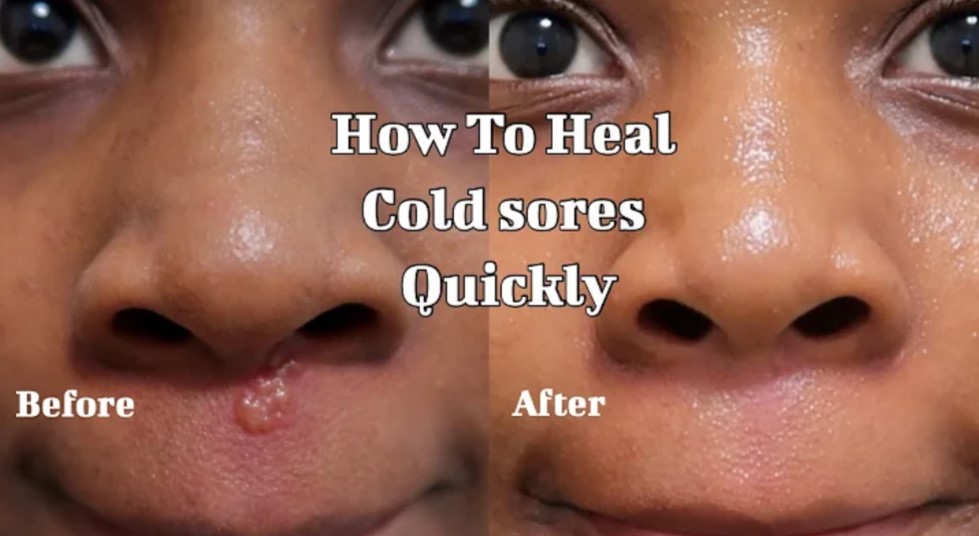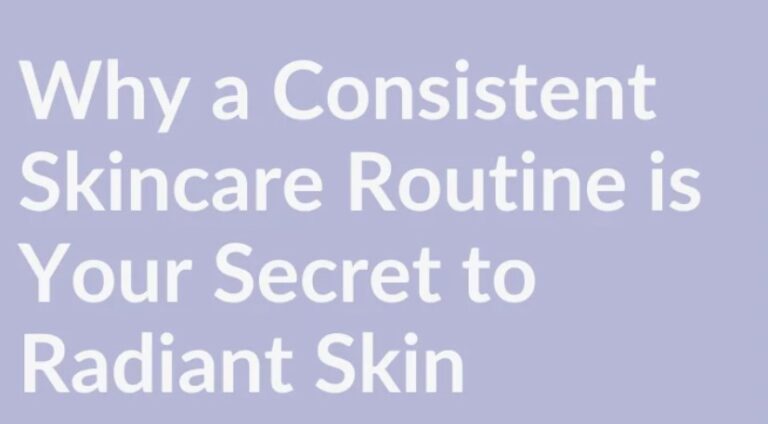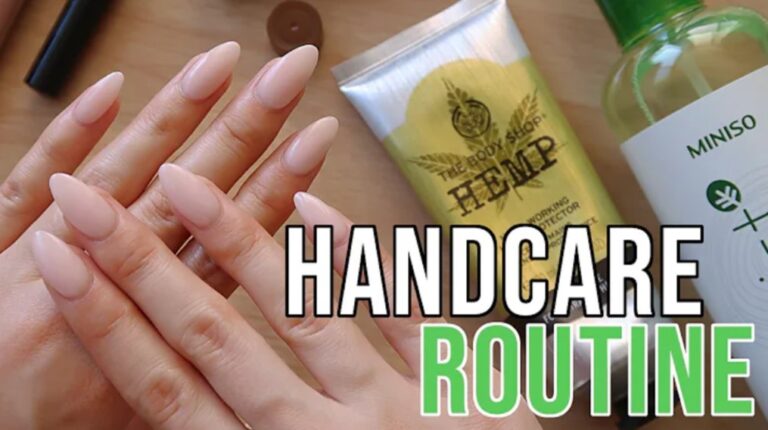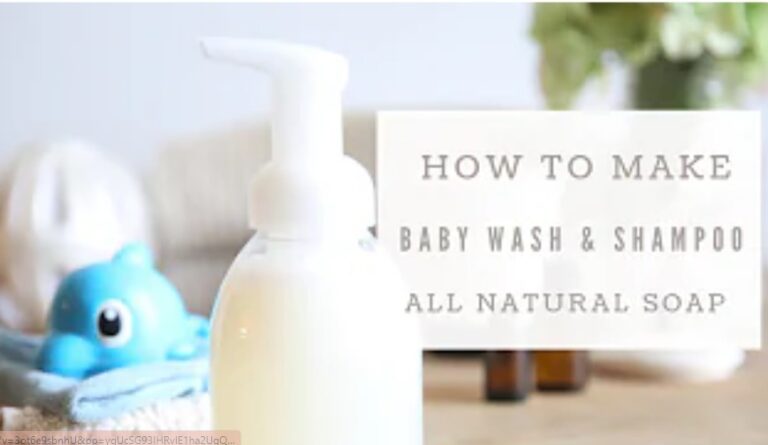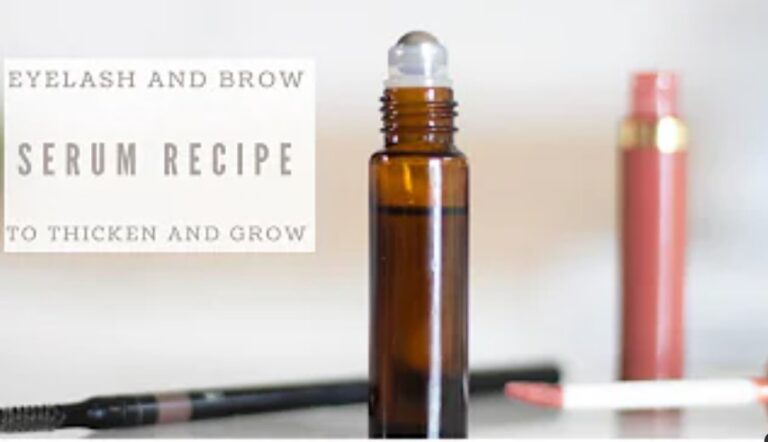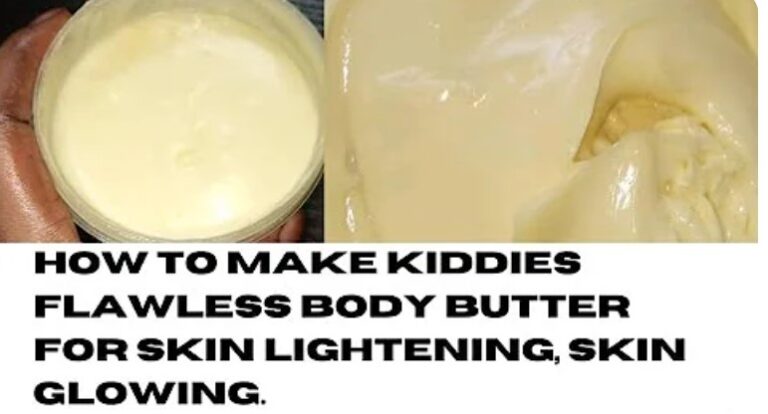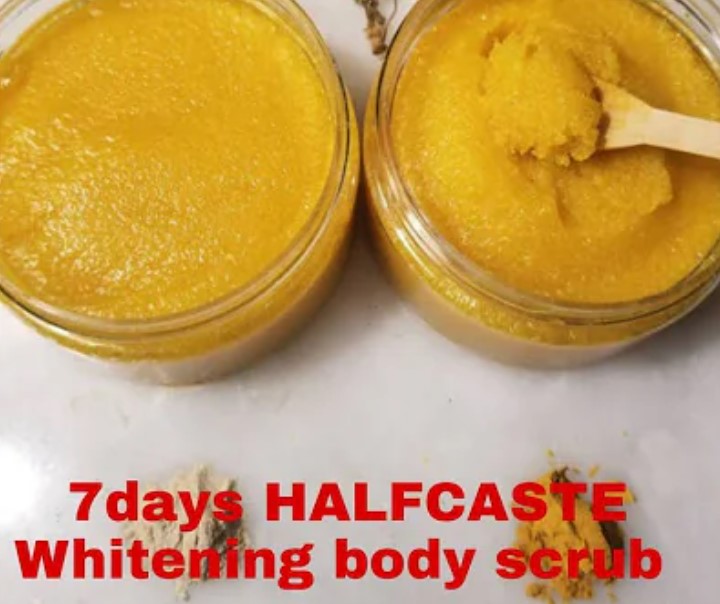Skincare for Cold Sores
Skincare for cold sores involves a combination of measures to alleviate discomfort, promote healing, and prevent further outbreaks. Cold sores, also known as fever blisters, are caused by the herpes simplex virus (HSV-1). While there is no cure for the virus, skincare practices can help manage and reduce the duration of cold sore outbreaks.
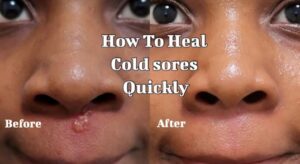
Here’s a comprehensive guide to skincare for cold sores
- Keep the affected area clean: Gently cleanse the cold sore, and surrounding skin with mild soap and warm water. This helps prevent bacterial infection and aids in maintaining hygiene.
- Avoid touching or picking: Refraining from touching or picking at cold sores is crucial. Touching can introduce bacteria and prolong healing time. Picking at the sore can lead to scarring or spread the infection to other body areas.
- Apply a cold compress: To alleviate pain, inflammation, and itching, apply a cold compress or ice wrapped in a clean cloth to the affected area. This can also help reduce swelling.
- Use over-the-counter creams or ointments: Several antiviral creams are available to help speed up the healing process. These creams typically contain ingredients like docosanol or acyclovir, which can inhibit the growth of the virus. Follow the instructions provided by the manufacturer.
- Utilize topical analgesics: Over-the-counter creams or gels containing ingredients like benzocaine or lidocaine can relieve temporary pain. Apply them carefully according to the instructions.
- Apply lip balm or moisturizer: To prevent the cold sore from drying out and cracking, apply a lip balm or moisturizer with ingredients like petroleum jelly or beeswax. This can aid in reducing discomfort and promoting healing.
- Protect from the sun: Ultraviolet (UV) radiation can exacerbate cold sores and prolong healing. Use a lip balm or sunscreen with a high SPF to shield the affected area from the sun’s rays.
- Avoid triggers: Certain factors can trigger cold sore outbreaks. These may include stress, fatigue, exposure to sunlight, hormonal changes, or a weakened immune system. By identifying and avoiding these triggers, you can reduce the frequency of outbreaks.
- Maintain good hygiene: To prevent the spread of cold sores or HSV-1 to other parts of your body or individuals, maintain good hygiene. Avoid sharing personal items like lip balms, utensils, or towels. Wash your hands regularly, especially after touching the affected area.
- Consider antiviral medications: In severe cases or if you experience frequent outbreaks, your healthcare provider may prescribe oral antiviral medications such as acyclovir, valacyclovir, or famciclovir. These medications can help shorten the duration of an outbreak and reduce its severity.
Remember, while skincare practices can aid in managing cold sores, it’s essential to consult with a healthcare professional for an accurate diagnosis and appropriate treatment plan, especially if you experience severe or recurring outbreaks.
